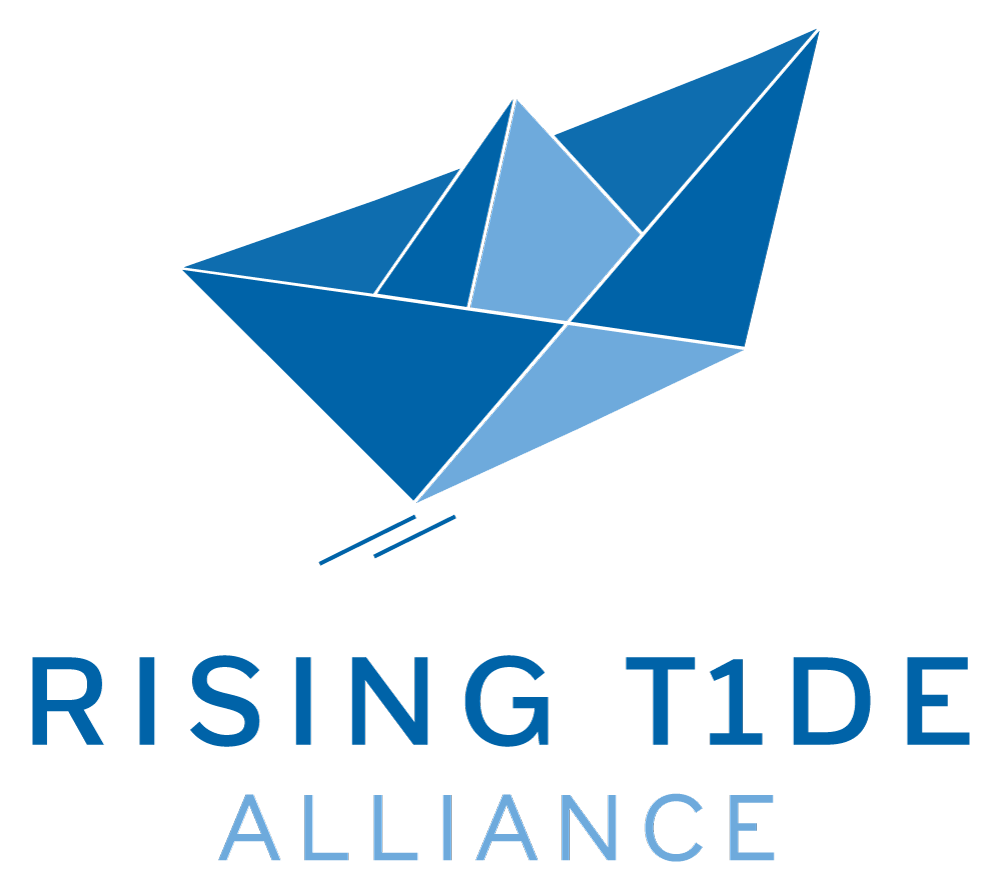- Home
- Resources

Diabetes Data Dock (D-Data Dock)
Integration of Continuous Glucose Monitoring Data into the Electronic Health Record (iCoDE)
Rapid Learning Lab (RLL)
Diabetes Technology Maturity Model (DTMM)
Diabetes-Data Dock (D-Data Dock)
The technology stack developed by RTA that encompasses Data Integrations capabilities (EHR, Medical Devices, Wearables, Patient Reported Outcomes (PROs)), a series of Machine Learning Predictive Models (Rise in A1C within 90 days, DKA hospitalization event within 180 days, Time in Range for CGMs), and a Population Health Management Platform and associated reporting functionality (Just In Time / Current health status, and Predicted Health status).
The D-Data Dock stack can generate weekly risk stratified patient lists that are used by Operations and Clinical teams to proactively engage higher risk patients and to offer patients/families a tailored intervention to improve glycemic control and reduce the likelihood of DKA related hospitalization.
Rapid Learning Lab (RLL)
A concept coined by RTA that combines data and implementation science with quality improvement and change management methodologies to rapidly test interventions or refine validated interventions against a given outcome (i.e. glycemic control, DKA related admission rates). There is both an operational aspect (delivery of validated interventions under a data-driven enhanced clinical practice model) and a research/investigational aspect (testing of new interventions under IRB). In addition, adoption of the Rapid Learning concept by RTA members requires the sharing of (1) the design and outcomes achieved for both validated and investigational interventions and of (2) the operational and other feasibility constraints associated with each intervention. Each member's commitment to share knowledge supports the development of the RTA intervention library that can be used by any member to support data-driven care models for diabetic patients in their community.
Diabetes Technology Maturity Model (DTMM)
A structured framework developed by the RTA for healthcare institutions to assess, guide, and advance their integration of diabetes-related technologies.
The evaluation tool enables institutions to:
- Assess their current capabilities, identify gaps, and advance systematically across key domains such as clinical integration, data interoperability, patient device management, analytics, financial sustainability, and innovation.
- Align their processes, technology, and outcomes to deliver more effective, data-driven, and patient-centered diabetes care.
- Plan futured technology related investments and workflows according a well-defined framework.
- Promote cross team alignment and ensure that investments in technology lead to better outcomes, efficiency, and equity in diabetes management.
The Integration of Continuous Glucose Monitoring Data into the Electronic Health Record (iCoDE) Project
A consortium whose purpose is to facilitate efficient uploading and integration of continuous glucose monitor (CGM) data into the Electronic Health Record (EHR). The two goals of the iCoDE project are to 1) develop technical specifications to integrate CGM data into the EHR and 2) develop workflows and guidelines to facilitate data integration efforts.
Over 130 individuals from more than 60 organizations representing industry, academia, government agencies, clinicians, and patients participated in the year-long project. The result of this work is the 2022 iCoDE Report: CGM-EHR Integration Standards and Recommendations.
Connect With Us
If you’re passionate about transforming diabetes care, we’d love to connect.